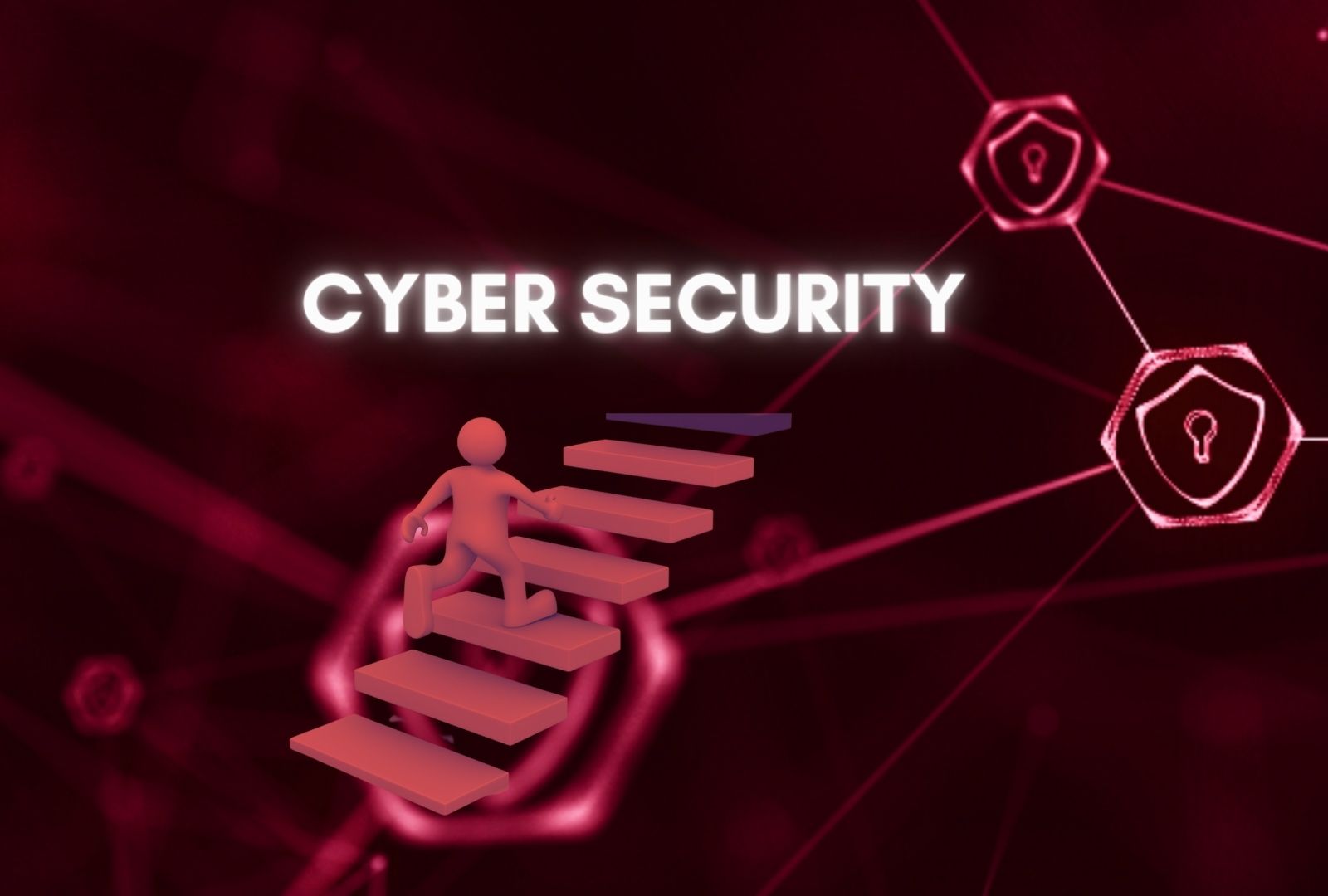Incorporating the digital world into your business structure is essential in the modern world. No matter the size of your organisation, protecting your data and digital files should be a first priority, especially when dealing with highly sensitive and personal information. With cyber threats and attacks increasing alongside our reliance on the internet, it is more important than ever to ensure you have the right protection in place for your business. This guide will cover the various, easy-to-implement steps you can take in your daily life to keep your business cyber-secure.
1. Consistently Back-Up Data
One of the best things you can do to keep your business secure online is to back up your data either on a cloud server or an external hard drive. When you consider how much of our work relies on digital data, from invoices to client details and payments, it would be a nightmare if everything got lost because of a physical device failure or cyber-attack. By consistently backing up data, you can feel confident that if the worst-case scenario occurs, all data and files will remain safe and secure due to your cybersecurity measures. Just ensure these backups are recent as you could risk losing up-to-date versions if not.
2. Use Multi-Factor Authentication & Passwords
Multi-factor authentication, or MFA as its also known, can be another straightforward way to strengthen your business’ online defences. This verification process will require two or more proofs of identity before being able to access any accounts. Although this might seem like a lot of hassle when logging in regularly, it can make a huge difference to cyber criminals looking for vulnerable systems. Don’t leave your system open for attacks simply to make log-ins faster, it’s not worth it.
Also, when it comes to passwords, it is essential that they are strong and unique. Passwords offer a free way to prevent unauthorised users from accessing your accounts, so it is certainly worth using them to your advantage.
3. Encrypt Important Information
Likewise, encryption is the process of converting data into a secret code before sending it over the internet. This is a key way to make sure any important information remains in the right hands and reduces the risk of theft, tampering, and damage. It is typically rather straightforward to encrypt information, simply apply network encryption through your router settings or install a VPN (virtual private network) when using a public network.
4. Secure Your Devices
If you find your business devices lack proper security software, you could be at risk from external threats. Anti-virus software and anti-spam filters can help protect your devices and streamline your communications, ensuring no unwarranted messages reach your inbox. Firewalls are another great piece of software that sits between your computer and the internet, acting as a gatekeeper for all virtual traffic. By implementing these systems and software into your business, your devices will be secured and safe from the majority of cyber attacks.
5. Avoid Phishing Attacks
Finally, to keep your business cyber secure it is important to be aware of obvious signs of phishing. Before engaging with any incoming communications, particularly emails, look out for spelling or grammatical errors, an unprofessional email address, and a vague level of personal address such as ‘Dear customer’ as these are all common signs of phishing. Ultimately, the sender is aiming to gain access to your device and files through you clicking an infected link or going on a dodgy website. By avoiding these common signs, you’ll be protecting your organisation and upholding data protection.
Plus, if you’re not sure whether a sender is trustworthy, use a search engine to search the email address or phone number as this can often provide more information, or you could even contact the organisation separately to double-check the sender that way. It is always better to be safe than sorry.








